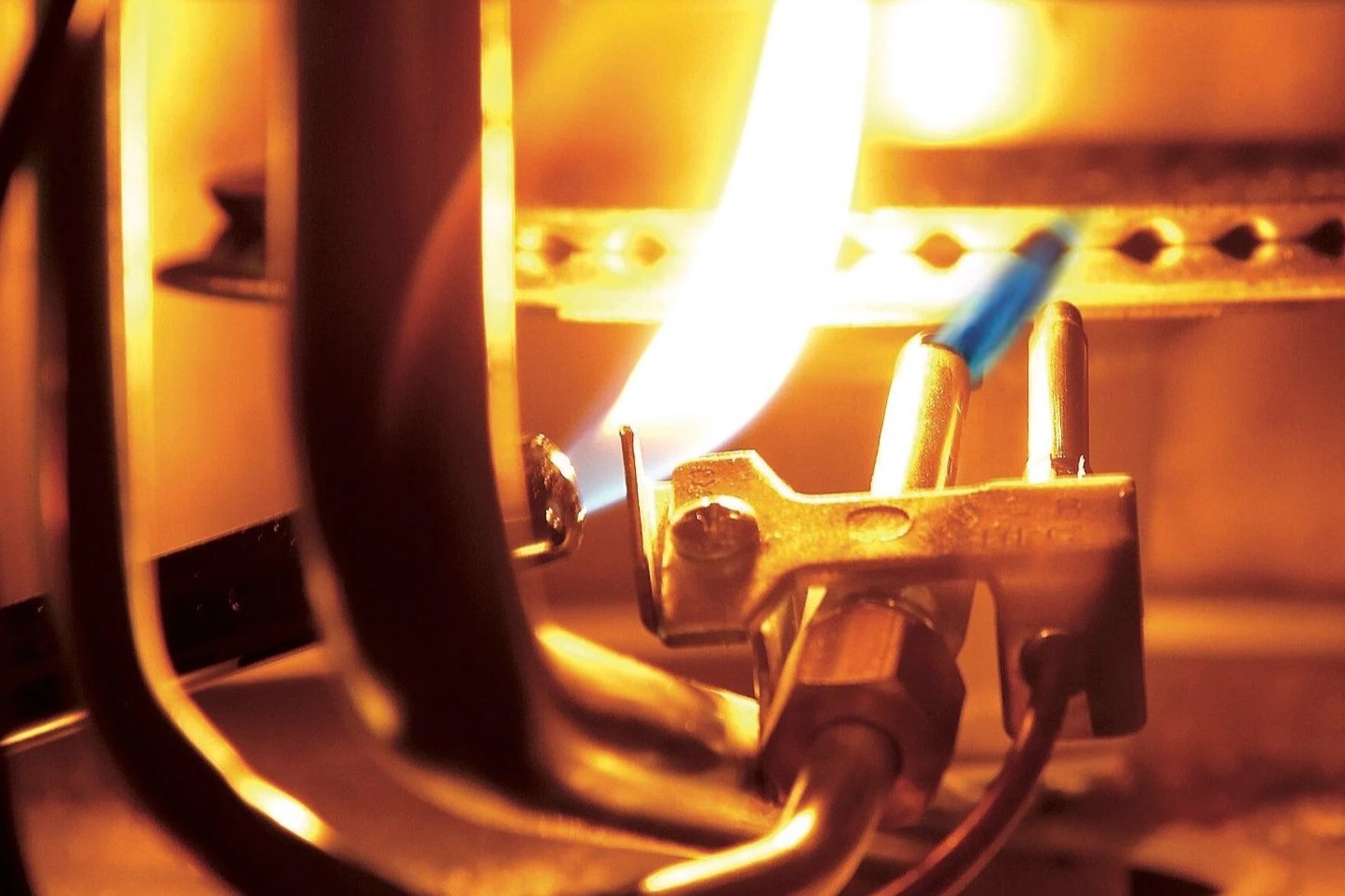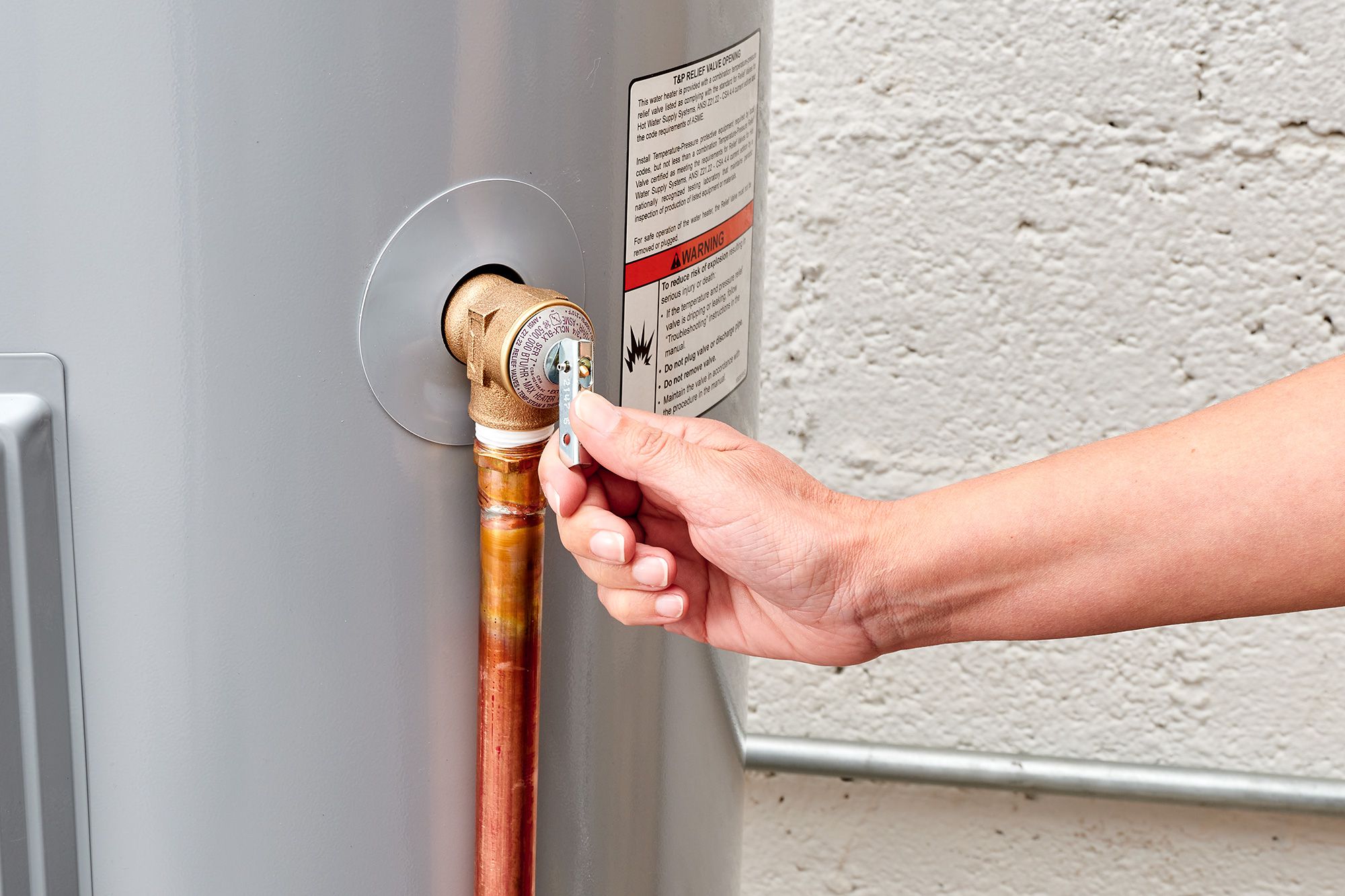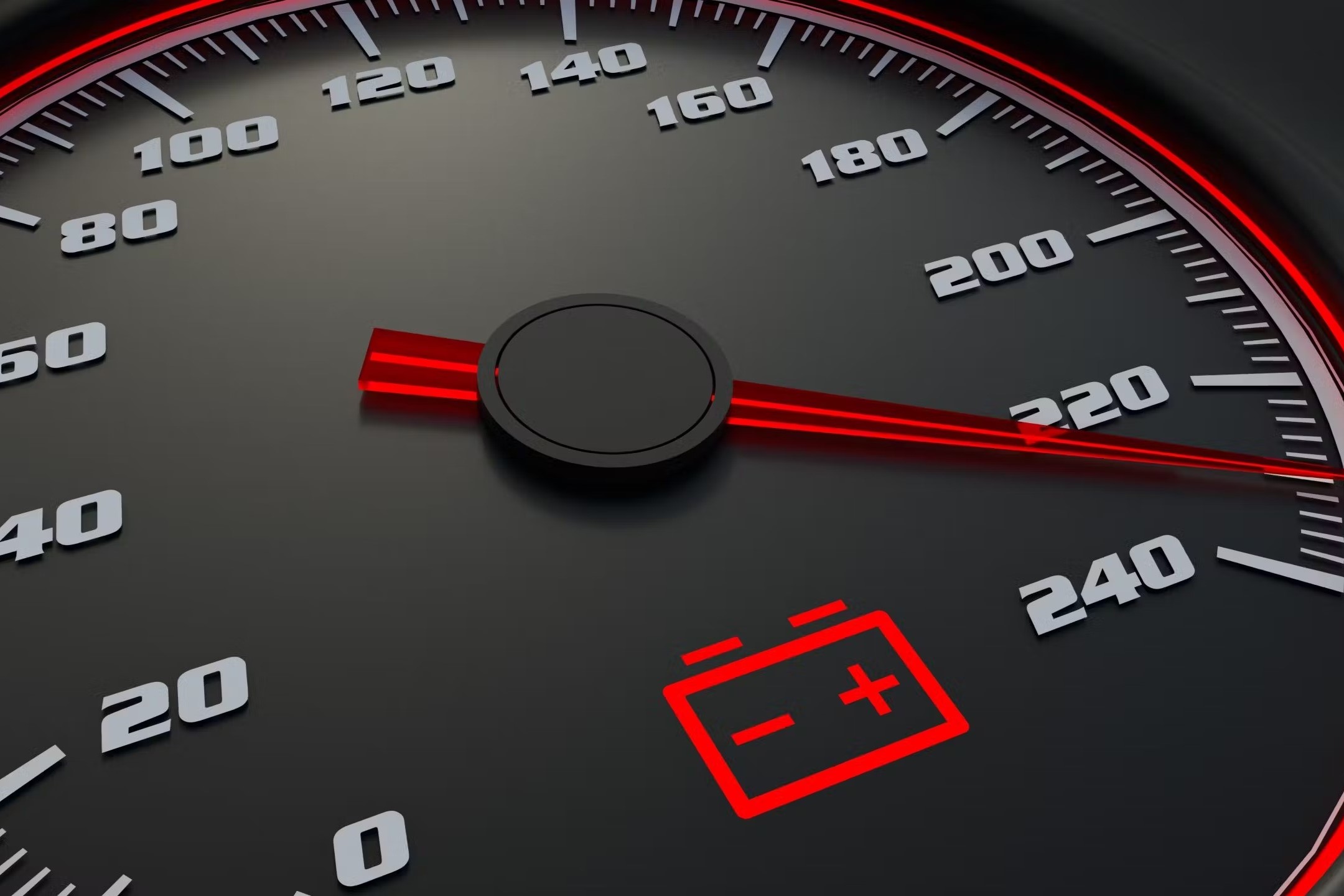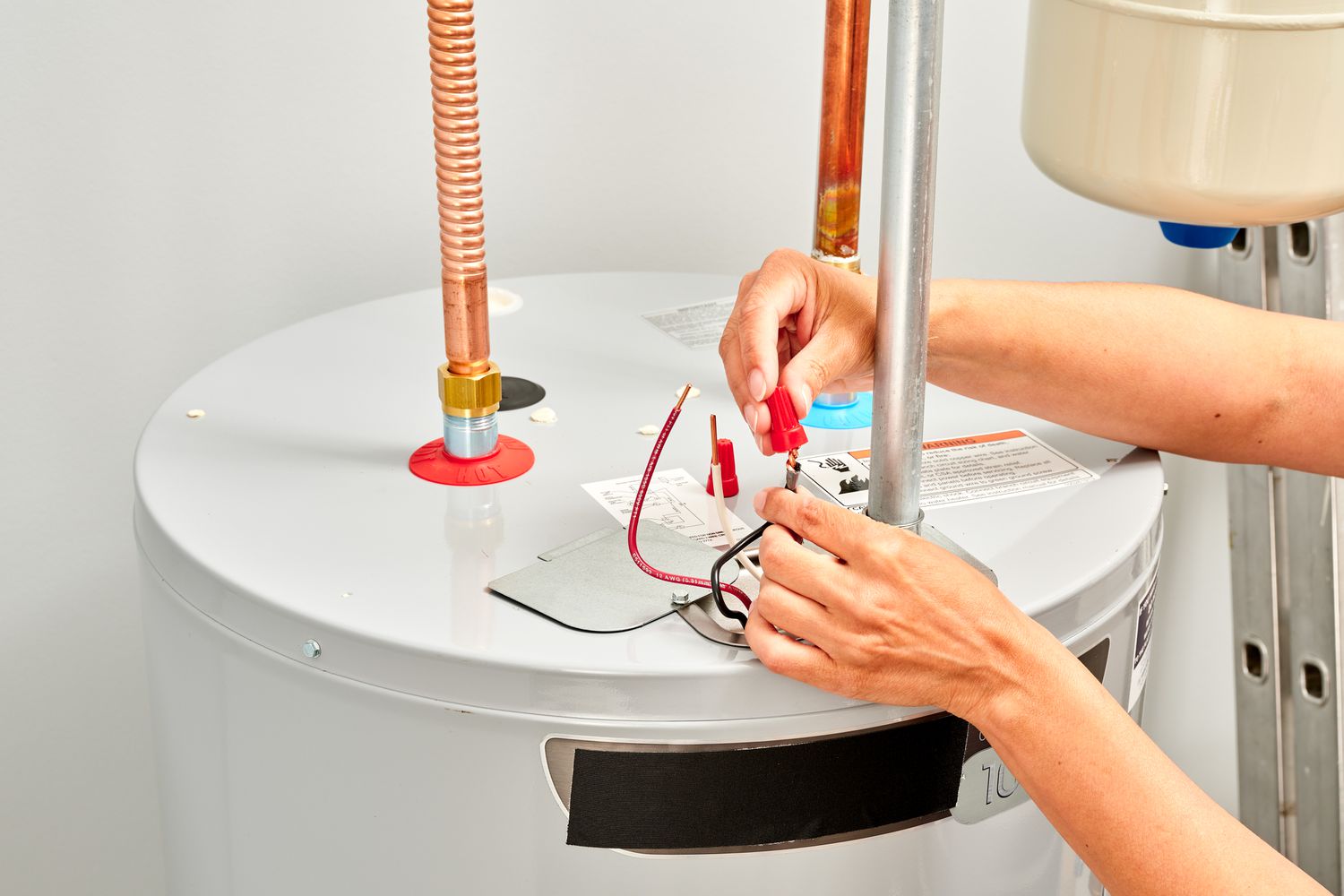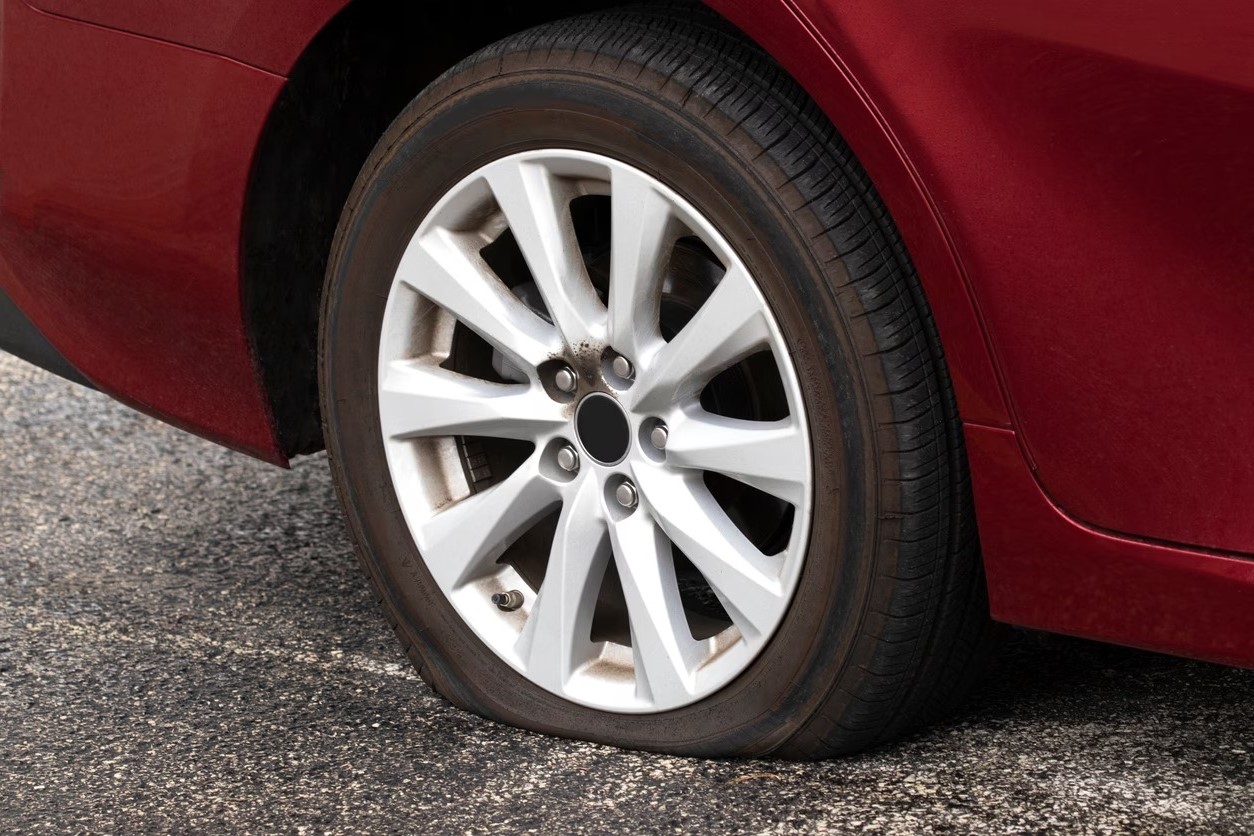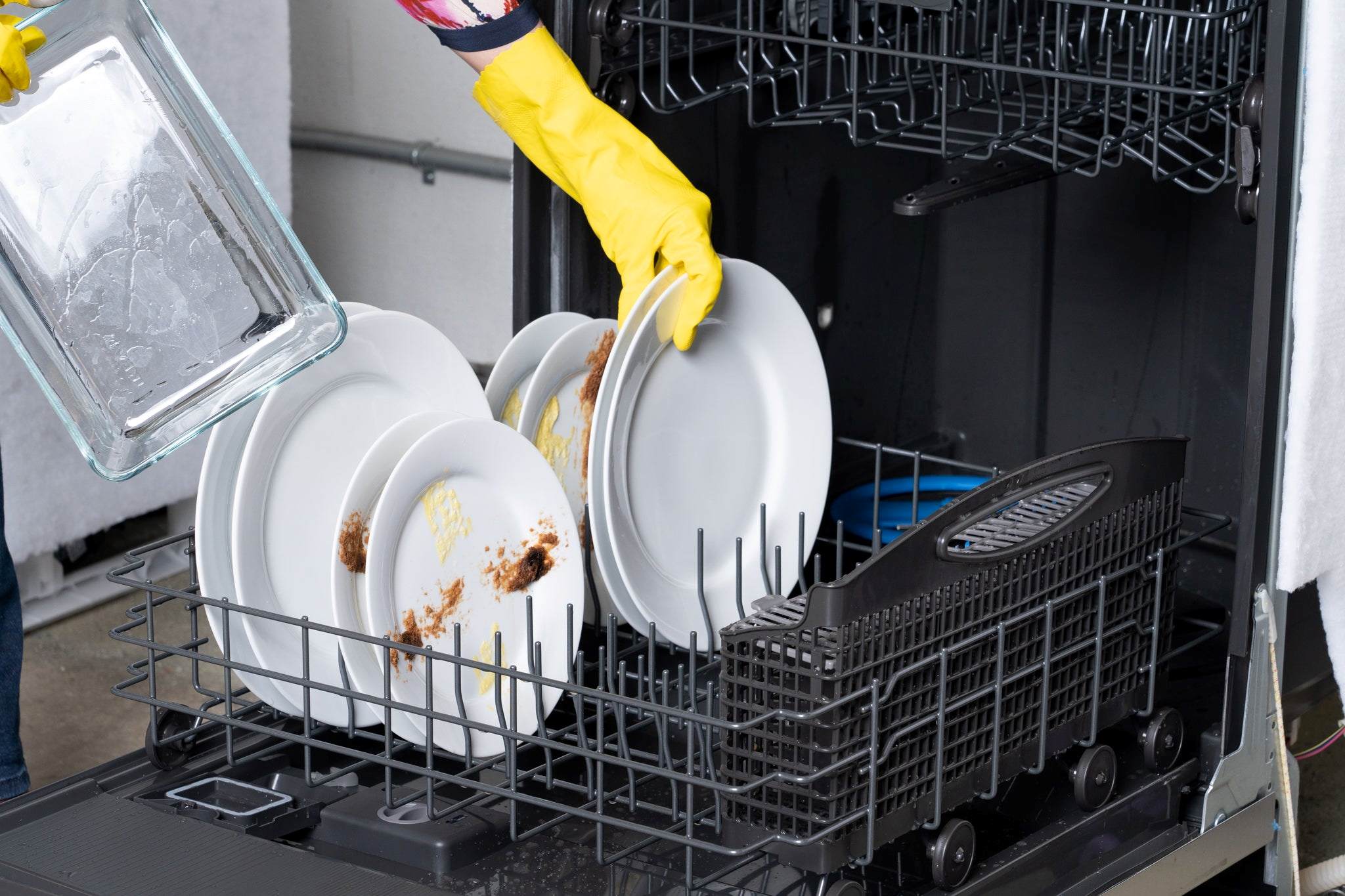Home>Home and Garden>The Surprising Reason Your Electric Water Heater Keeps Shutting Off – And How To Fix It!
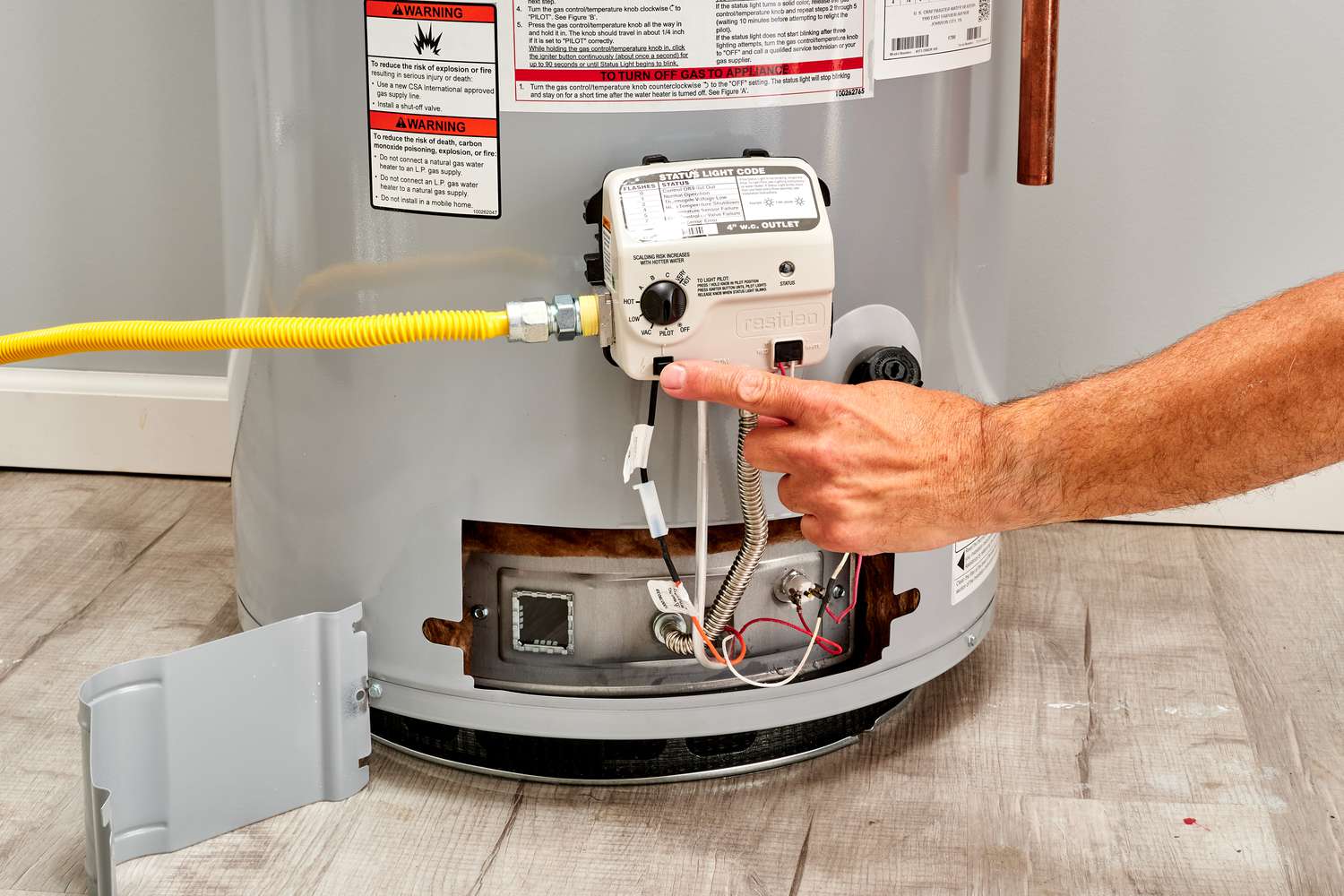

Home and Garden
The Surprising Reason Your Electric Water Heater Keeps Shutting Off – And How To Fix It!
Published: January 20, 2024
Discover the surprising reason why your electric water heater keeps shutting off and learn how to fix it! Essential tips for home and garden maintenance.
(Many of the links in this article redirect to a specific reviewed product. Your purchase of these products through affiliate links helps to generate commission for Noodls.com, at no extra cost. Learn more)
Table of Contents
Introduction
Imagine this: you step into the shower, eagerly anticipating a warm and refreshing cascade of water, only to be greeted by an unexpected chill as the electric water heater shuts off yet again. The frustration and inconvenience of a malfunctioning water heater are all too familiar to many homeowners. However, understanding the underlying reasons behind this issue can empower you to troubleshoot and resolve it effectively.
In this comprehensive guide, we will delve into the perplexing world of electric water heaters, shedding light on the common causes of sudden shutdowns and equipping you with the knowledge to rectify the situation. From temperature sensors to potential malfunctions, we will unravel the mysteries that can disrupt the steady flow of hot water in your home.
Join us as we embark on a journey to uncover the surprising reason why your electric water heater keeps shutting off, and discover the actionable steps to restore its reliable functionality.
Common Causes of Electric Water Heater Shutting Off
-
Overheating: Electric water heaters are equipped with a high-limit switch that triggers a shutdown if the water temperature becomes excessively high. This safety feature prevents the unit from reaching dangerous temperatures, safeguarding your home from potential hazards.
-
Sediment Buildup: Over time, sediment, minerals, and debris can accumulate at the bottom of the water heater tank. This buildup insulates the water from the heating element, causing it to overheat and the high-limit switch to activate, resulting in an abrupt shutdown.
-
Faulty Thermostat: A malfunctioning thermostat can disrupt the heating process, leading to erratic temperature fluctuations and unexpected shutdowns. Whether the thermostat is inaccurately registering the water temperature or failing to regulate the heating element, this component plays a pivotal role in the consistent operation of the water heater.
-
Electrical Issues: Loose wiring, damaged electrical components, or a tripped circuit breaker can impede the proper functioning of the electric water heater, causing it to shut off unexpectedly. Identifying and addressing these electrical irregularities is crucial to ensuring the uninterrupted performance of the unit.
-
Pressure Relief Valve Activation: If the pressure inside the water heater tank becomes too high, the pressure relief valve may activate, releasing excess pressure and triggering a shutdown. This occurrence could indicate an underlying issue with the water heater's pressure regulation system, necessitating prompt attention.
Understanding these common causes of electric water heater shutdowns provides valuable insight into the intricate mechanisms at play within the unit. By recognizing these potential culprits, you can embark on the journey to troubleshoot and restore your water heater's functionality with confidence.
The Role of Temperature Sensors in Electric Water Heaters
Temperature sensors serve as the vigilant guardians of electric water heaters, meticulously monitoring the temperature of the water to ensure safe and efficient operation. These sensors are strategically positioned within the water heater tank, constantly assessing the water temperature and relaying crucial data to the thermostat and high-limit switch.
One of the primary functions of temperature sensors is to maintain the water temperature within the desired range, as set by the thermostat. By detecting any deviations from the preset temperature, these sensors prompt the heating element to activate, swiftly restoring the water to the optimal warmth. This meticulous regulation not only ensures a consistent supply of hot water but also contributes to energy efficiency by preventing unnecessary heating cycles.
In addition to facilitating the heating process, temperature sensors play a pivotal role in safeguarding the water heater and its surroundings. In the event of a malfunction or an unexpected surge in temperature, these sensors swiftly communicate with the high-limit switch, triggering a shutdown to prevent overheating and potential hazards. This crucial safety feature underscores the indispensable role of temperature sensors in preserving the integrity and reliability of electric water heaters.
Furthermore, modern electric water heaters often utilize advanced temperature sensors equipped with precision technology, enhancing their ability to accurately gauge the water temperature and respond to fluctuations with remarkable precision. This technological innovation not only optimizes the performance of the water heater but also contributes to prolonged durability and operational resilience.
The seamless coordination between temperature sensors, the thermostat, and the high-limit switch epitomizes the harmonious synergy of components within an electric water heater. Through their unwavering vigilance and swift responsiveness, temperature sensors uphold the essential balance between efficient heating and vigilant safety, ensuring a seamless and reliable supply of hot water for your household.
As we unravel the intricate mechanisms governing electric water heaters, the pivotal role of temperature sensors emerges as a cornerstone of their functionality. These unassuming yet indispensable components stand as sentinels, diligently preserving the delicate equilibrium of temperature regulation and safety within the heart of the water heater.
In the next section, we will delve into actionable steps to troubleshoot and rectify the perplexing issue of electric water heaters shutting off unexpectedly, empowering you to restore the steady flow of hot water in your home.
How to Troubleshoot and Fix an Electric Water Heater That Keeps Shutting Off
When faced with the exasperating dilemma of an electric water heater repeatedly shutting off, it's crucial to embark on a systematic troubleshooting process to identify and address the underlying issues. By methodically examining the potential causes and implementing targeted solutions, you can restore the reliable functionality of your water heater and bid farewell to unexpected cold showers.
Step 1: Check for Overheating
Begin by verifying the water temperature within the tank. If the water is excessively hot, the high-limit switch may have triggered a shutdown to prevent overheating. In this scenario, carefully follow the manufacturer's instructions to reset the high-limit switch and restore normal operation.
Step 2: Drain and Flush the Tank
Sediment buildup at the bottom of the water heater tank can insulate the water from the heating element, leading to overheating and unexpected shutdowns. To address this issue, turn off the power to the water heater and proceed to drain and flush the tank. This process helps eliminate accumulated sediment, restoring the efficient transfer of heat and preventing future shutdowns.
Step 3: Inspect the Thermostat
A malfunctioning thermostat can disrupt the heating process and cause erratic temperature fluctuations. Carefully examine the thermostat for any signs of damage or misalignment. If necessary, recalibrate or replace the thermostat to ensure accurate temperature regulation and consistent performance.
Step 4: Verify Electrical Connections
Loose wiring, damaged electrical components, or a tripped circuit breaker can impede the proper functioning of the water heater. Thoroughly inspect the electrical connections, ensuring that all components are securely fastened and free from damage. If a circuit breaker has tripped, carefully reset it and monitor the water heater for any recurrent issues.
Step 5: Test the Pressure Relief Valve
An excessively high pressure within the water heater tank can trigger the pressure relief valve, leading to a shutdown. Test the pressure relief valve to ensure it is functioning correctly and releasing excess pressure as designed. If the valve appears faulty, consider replacing it to maintain optimal pressure regulation.
By meticulously following these troubleshooting steps and addressing the identified issues, you can effectively rectify the persistent problem of the electric water heater shutting off unexpectedly. With a methodical approach and a keen eye for potential malfunctions, you can restore the seamless flow of hot water in your home, ensuring uninterrupted comfort and convenience for you and your family.
Incorporating these targeted solutions into your maintenance routine can prolong the longevity of your electric water heater and minimize the occurrence of unexpected shutdowns, fostering a reliable and efficient hot water supply for years to come.
Read more: How To Flush Tankless Water Heater
Conclusion
In the realm of home comfort and convenience, few appliances rival the indispensable role of the electric water heater. From invigorating morning showers to soothing evening baths, the steady flow of hot water is a cornerstone of modern living. However, the perplexing phenomenon of an electric water heater repeatedly shutting off can disrupt this essential comfort, prompting homeowners to seek clarity and effective solutions.
As we journeyed through the intricate mechanisms and potential culprits behind unexpected water heater shutdowns, a comprehensive understanding of the underlying issues emerged. From overheating and sediment buildup to faulty thermostats and electrical irregularities, the common causes of these disruptions unveiled the intricate interplay of components within the water heater.
Delving deeper, we unraveled the pivotal role of temperature sensors as vigilant guardians, meticulously regulating the water temperature and swiftly communicating with the thermostat and high-limit switch. Their unwavering vigilance and swift responsiveness underscored their indispensable contribution to the seamless operation and safety of electric water heaters.
Armed with this knowledge, homeowners can embark on a systematic troubleshooting process, addressing each potential issue with precision and confidence. By checking for overheating, draining and flushing the tank, inspecting the thermostat, verifying electrical connections, and testing the pressure relief valve, they can effectively rectify the persistent problem of unexpected water heater shutdowns.
As we conclude this enlightening journey through the enigmatic realm of electric water heaters, the empowerment and confidence to troubleshoot and resolve these issues are firmly within reach. By incorporating these insights into their maintenance routine, homeowners can foster a reliable and efficient hot water supply, ensuring uninterrupted comfort and convenience for years to come.
In the ever-evolving tapestry of home and garden maintenance, the knowledge and expertise gained from unraveling the surprising reason behind electric water heater shutdowns serve as a beacon of empowerment, enabling homeowners to navigate the complexities of their appliances with adeptness and assurance. With this newfound understanding, the uninterrupted flow of hot water becomes not just a staple of modern living, but a testament to the mastery of maintaining a harmonious home environment.
